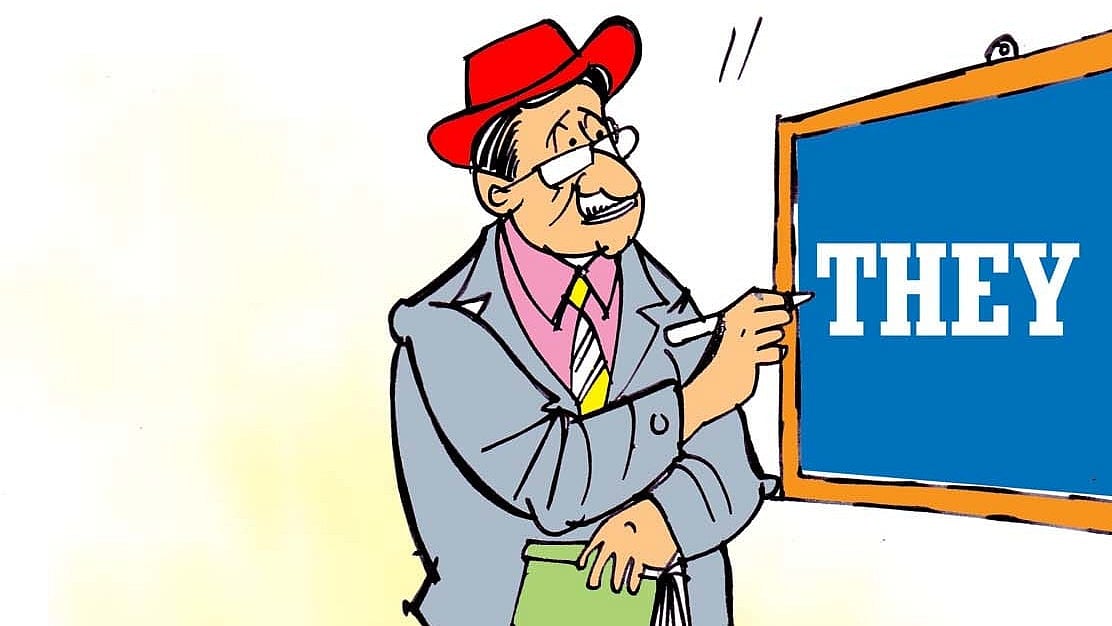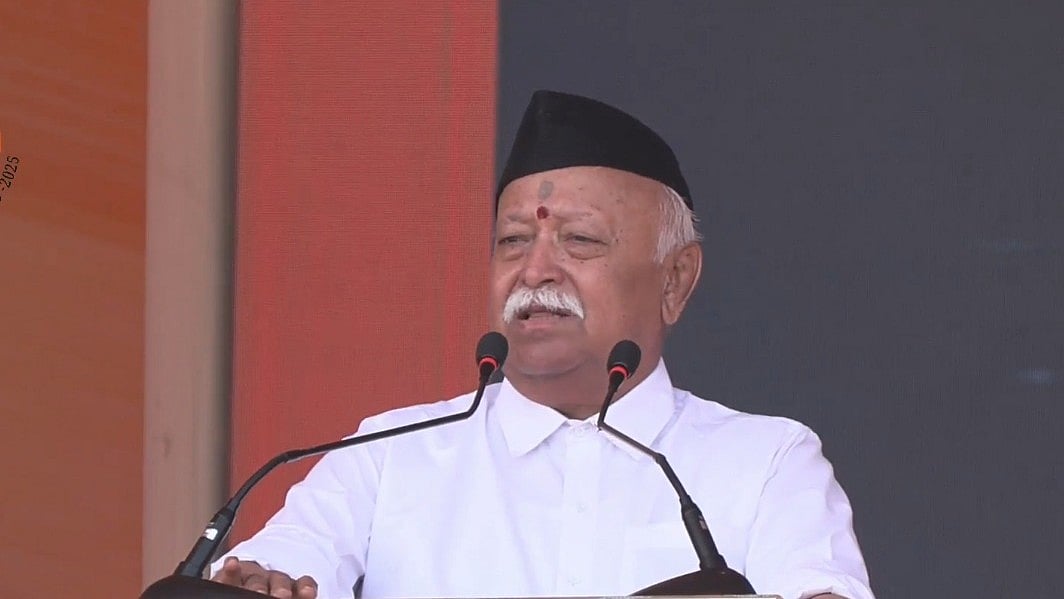Bhopal (Madhya Pradesh): In the corner of a first-class smoking carriage, Mr. Justice Wargrave, lately retired from the bench, puffed at a cigar and ran an interested eye through the political news in The Times.
He laid the paper down and glanced out of the window. They are running now through Somerset. He glanced at his watch – another two hours to go (Agatha Christie, AND THEN THERE WERE NONE).
The apt use of two pronouns – he and they – begins to unfold the story. However pesky a pronoun may be, if an author handles it cautiously, it breathes life into a piece of writing. And Agatha Christie has pertinently done that.
Nonetheless, a careless reporter of a national daily writes: Chief Minister and the Home Minister discussed the problems of his constituency.
Whose constituency were they talking about? Ergo, it creates confusion. Where we have two or three names in a sentence with accompanying pronouns, let us not leave a needle of doubt about who is represented by each pronoun. It is better to repeat the name.
Jean Austin’s novel Pride and Prejudice delights anyone. Thus, to refer to a paragraph that has to be read twice is but churlish. Though there is nothing grammatically wrong with the paragraph, the sentence is overloaded. It describes Elizabeth Bennet’s misgivings about Darcy.
The vague and unsettled suspicions which uncertainty has produced of what Mr Darcy might have been doing to forward her sister’s match which she had feared to encourage as an exertion of goodness too great to be probable, and at the same time dreaded to be just, from the pain of obligation, were proved beyond their greatest extent to be true.
The British grammarians have discussed the paragraph again and again. They say it wants clarity.
JC Nesfield, Otto Jespersen and Herald Evans say what does Jane Austin say? What had Elizabeth feared to encourage? Was it her suspicions? Was it the match itself?
Say ‘no’ to a pronoun in an intro
Many journalists are in the habit of writing an intro with a personal pronoun like “he” or “she” or with a demonstrative pronoun like “this”. The editors, like Harold Evans, were against writing an intro with a personal pronoun. Classy Evans says, “No pronoun should be used for an intro before the noun is introduced.”
She is running her own business, feeding her family, and raising her children. She belongs to a poor family. She was honoured on the International Women’s Day.
The reader is unable to decipher “who is she?” even after going through 26 words.
“They”, an unspecified pronoun, is an exception to the above rule, nevertheless. Beginning an intro of a story with the elegant pronoun “they” is sometimes a necessity, but that should not be a habit.
Earnest Hemingway elegantly uses “they” in the introduction to a short story “The Battler.”
They shot the six cabinet ministers at half-past six in the morning against the wall of a hospital.











